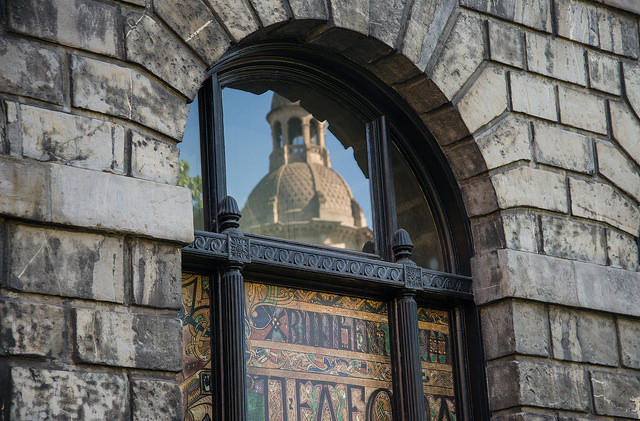Trinity’s rise to 88th in the QS World Rankings after years of consistent decline has been hailed as good news for the university and good news for Ireland by the College’s Dean of Research, John Boland.
In a press statement today, Boland said the increase showed that “Trinity is regaining some lost ground on former years”. The College’s decline in world university rankings in recent years, such as those published by QS and Times Higher Education, has been blamed largely on a decline in higher education funding, with fears expressed last year that Trinity might soon fall out of the top 100 in the QS rankings.
The financial challenges were highlighted by Boland, who said the College had achieved the increase – a rise of 10 places from last year – “despite intense global competition and continued reduced government investment”.
Trinity, alongside University College Dublin (UCD), was one of the few Irish universities to enjoy a rise in this year’s QS rankings, often seen by both students and academics as a good measure of a university’s global status.
The tone of Boland’s statement is in stark contrast to the College’s reaction to being placed 98th last year, which saw Provost Patrick Prendergast and President of UCD, Andrew Deeks, take the unprecedented step of issuing a joint statement challenging the government to invest in higher education.
“The commitment shown by our staff puts Trinity at the forefront of higher education in Ireland, insuring [sic] the educational experience we provide is informed by world-class research”, Boland said.
Boland highlighted what the achievement means for Ireland, as the UK prepares to leave the EU and universities there report both concerns over underfunding and widespread fear among EU academics over their future in the UK. Trinity’s boost in the QS rankings will further its hopes of attracting new staff to the university, following Brexit, and Trinity, alongside other Irish colleges, has already established a Brexit taskforce to assess the opportunities that might result from the UK’s departure from the EU.
Boland also highlighted Trinity’s successful bid to join the prestigious League of European Research Universities (LERU), as something that “further strengthens our voice and position internationally”. The latest rankings position will add to hopes that Trinity will be able to represent Ireland’s interests among Europe’s top universities.
While Trinity remains 131st internationally in the Times Higher Education world rankings, after being temporarily excluded after submitting incorrect data, the change of direction in the QS rankings will be a boost for a university that was inside the world’s top 50 only a few years ago.







